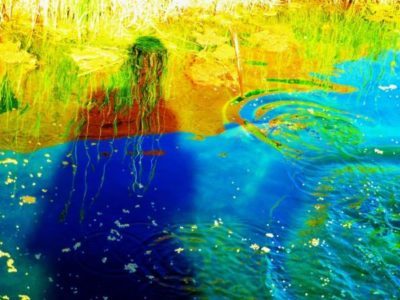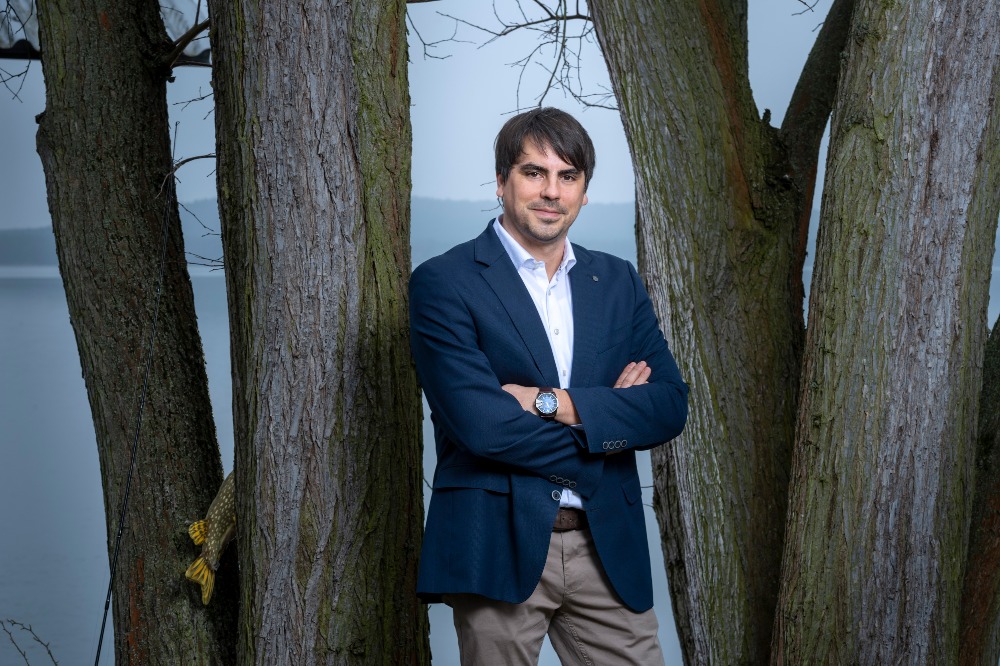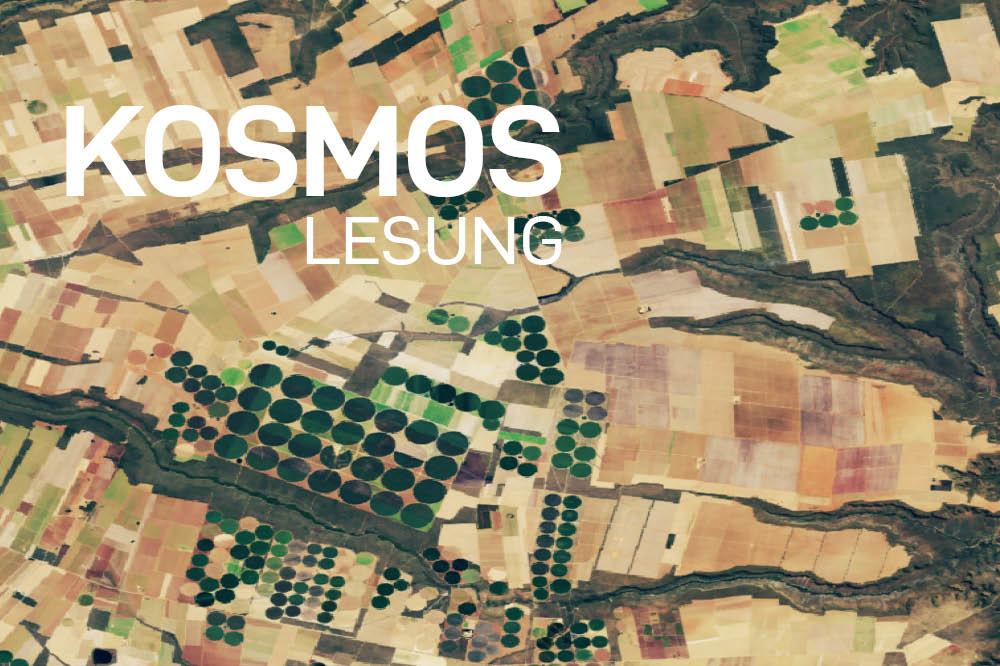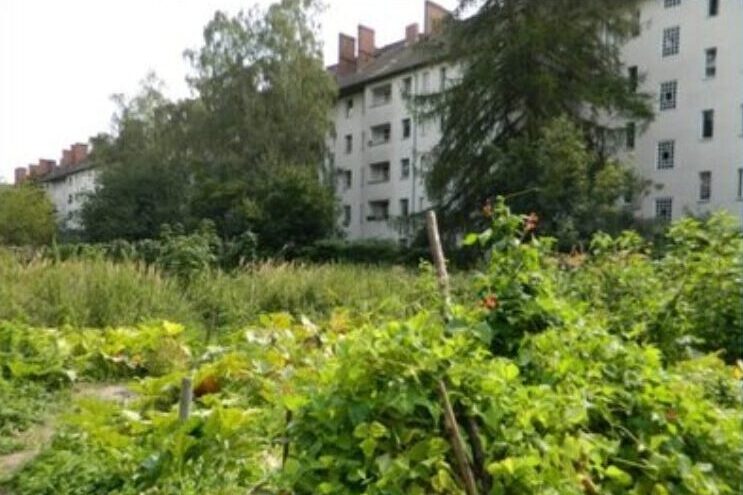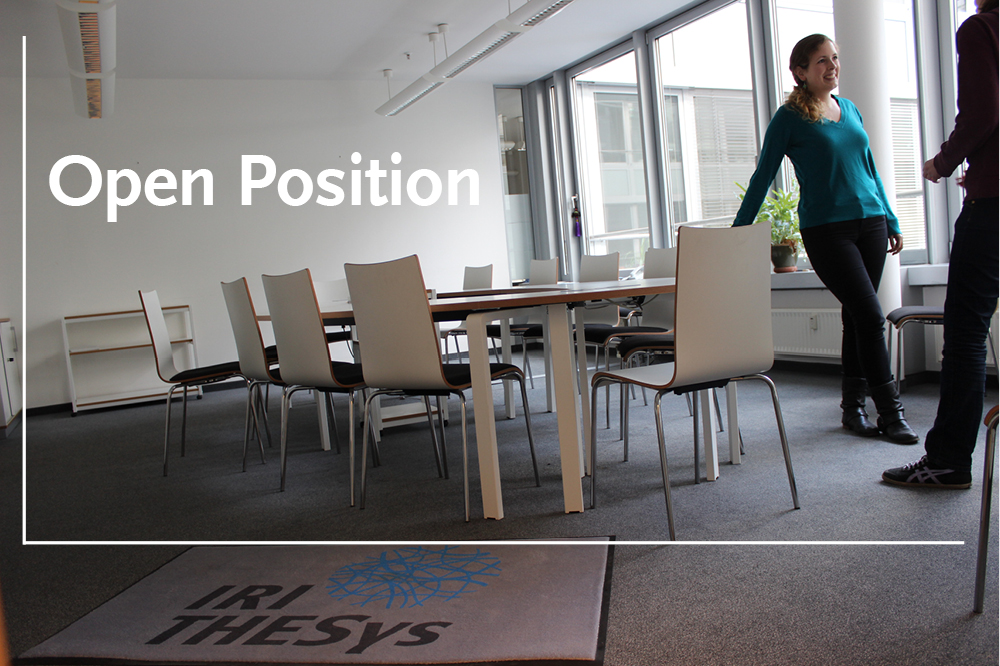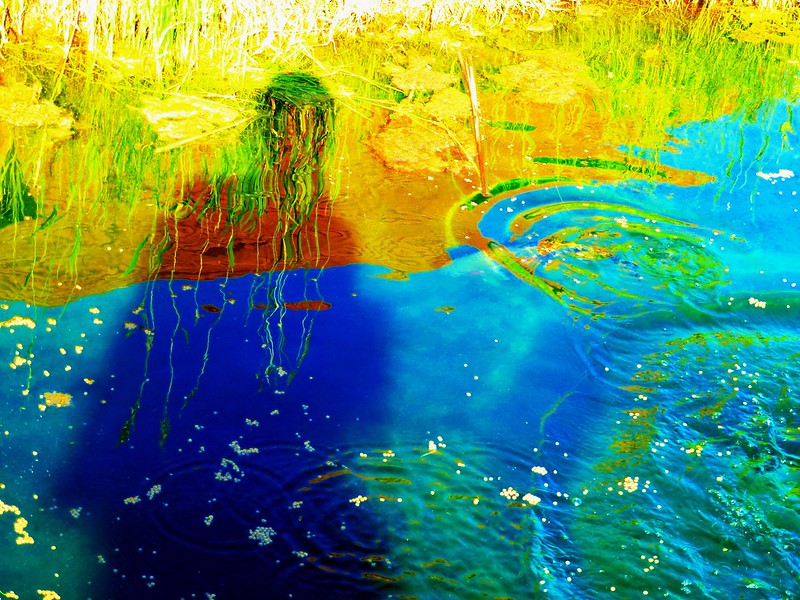
On the 19th and 20th of January 2022 an interdisciplinary group of 40 researchers gathered online to exchange experiences in researching and developing models to study water distributions and governance. The event was an opportunity to present on-going research projects and gauge interest for future collaboration.
Towards a reflexive approach
When drinking a glass of water or walking on the banks of a river, one hardly thinks about numerical models, algorithms and lines of codes. And yet, models are widely used in the management, governance and study of water flows. They vary from Agent-Based Models, Bayesian Belief Networks but also 3D models and serve different purposes, from simulating and mimicking a known-situation, for instance by simulating water distributions, to exploring unknown situations through scenario-building. Some are used to support existing paradigms while others believe they are instrumental in fostering progressive water governance.
In short, there is a multitude of models and usages. However, there are relatively few studies interrogating the roles of models in water management and governance. Encouraged by increased engagement between natural and social scientists in the water sector, and as a follow up of the socio-hydrology conference held in Delft in 2021, the online workshop “Connecting critical research on water modelling” brought together an interdisciplinary group of early career and senior researchers. Over two days they shared experiences and examples of critical, creative and reflexive engagement with modelling water use and governance.
A summary of the workshop has now been published online in the blog Flows and on the IRI THESys website.
The event was co-organized by the Hydrology and Society group at IRI THESys, Humboldt-Universität zu Berlin and the Water Resources Management Group of Wageningen University.
More activities will follow. Stay tuned!
Photo by Peggy2012CREATIVELENZ



